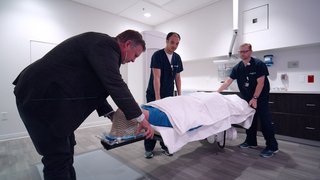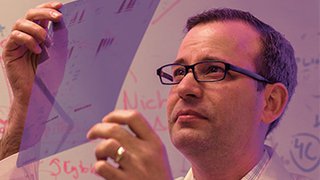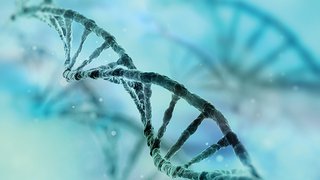Unmatched Knowledge and Experience in Cancer Genetics
About 5 to 10 percent of all cancers are hereditary or caused by a gene that’s not working correctly. Approximately 20 to 30 percent of cancers are due to a combination of genetics and environment; 60 percent of cases are thought to be random or sporadic.
When a patient inherits a faulty gene (or several) from a family member, he or she might have a higher risk for developing certain cancers. Genetic testing can help patients determine that risk. Genetic counseling helps families understand the information they find and their options going forward.
The information patients gain from understanding their hereditary cancer risk might impact treatment decisions for family members who already have cancer and can help determine if other relatives are at an increased risk of developing cancer.
UT Southwestern has one of the fastest-growing cancer clinical genetics programs in the country, with expertise in identifying mutations and counseling patients with inherited disease. Our genetics team sees more than 5,700 patients each year – which means we help more patients than most genetics and hereditary cancer programs in the country. We offer genetic counseling, genetic testing, high-risk cancer management, and guidance and support for our patients and their families. A dedicated patient navigator helps patients schedule and stay on top of their medical appointments, and patients can take part in clinical trials, should they choose to do so.
UT Southwestern has been recognized as a von Hippel-Lindau (VHL) Clinical Care Center by the VHL Alliance, the only medical center in North Texas with this distinction.













